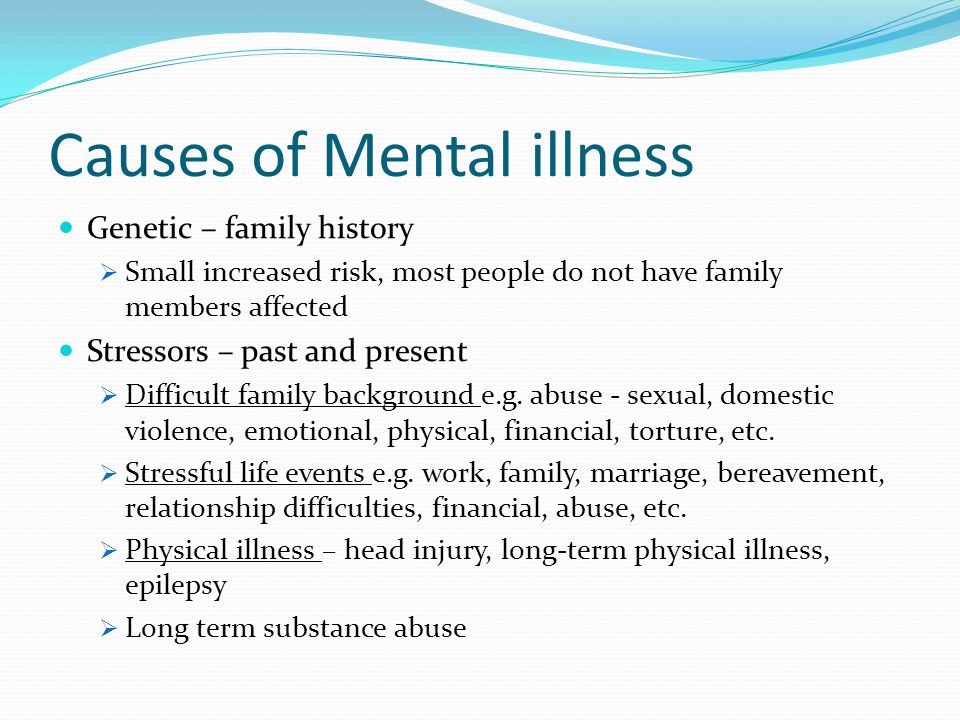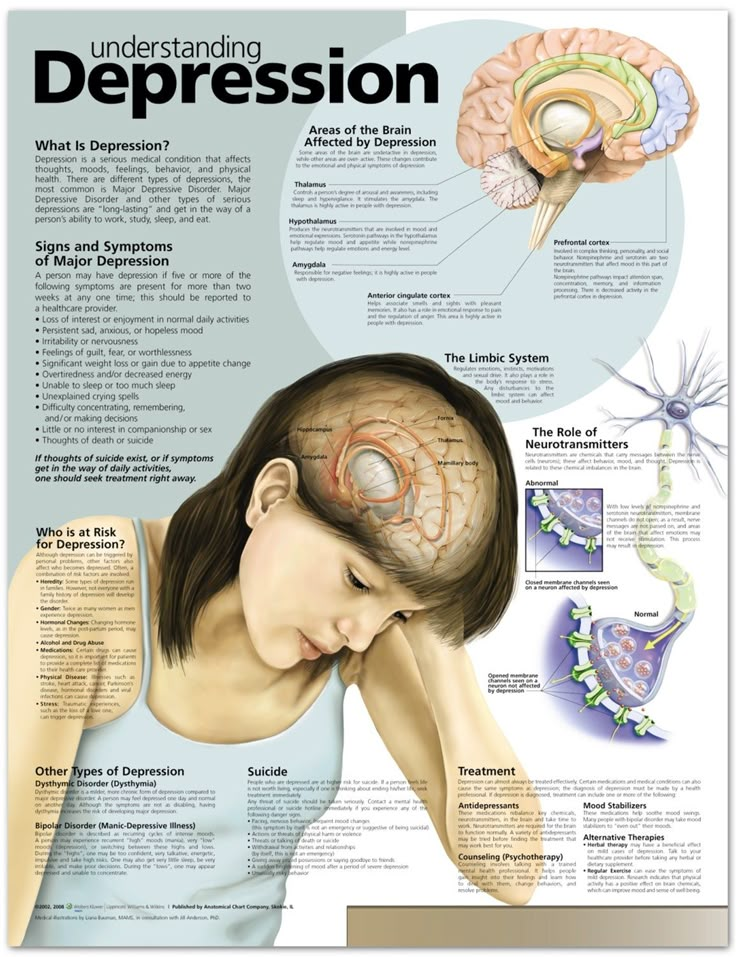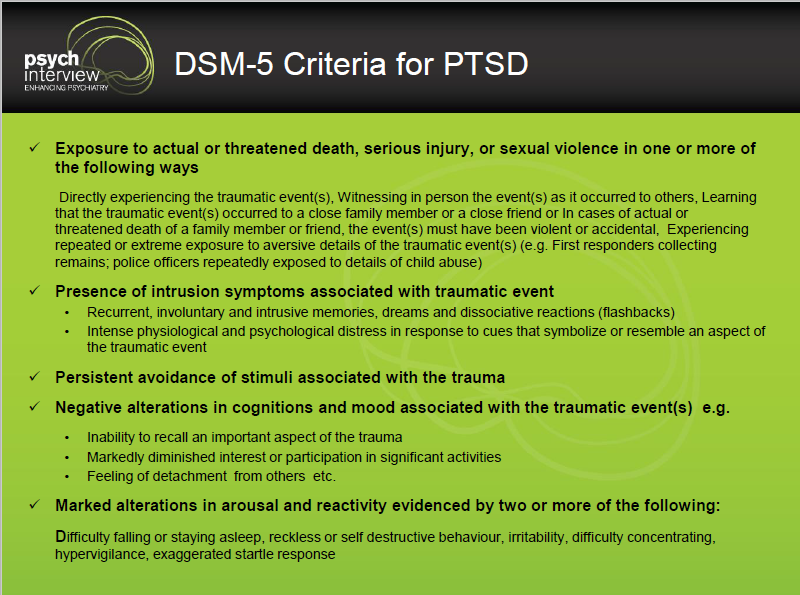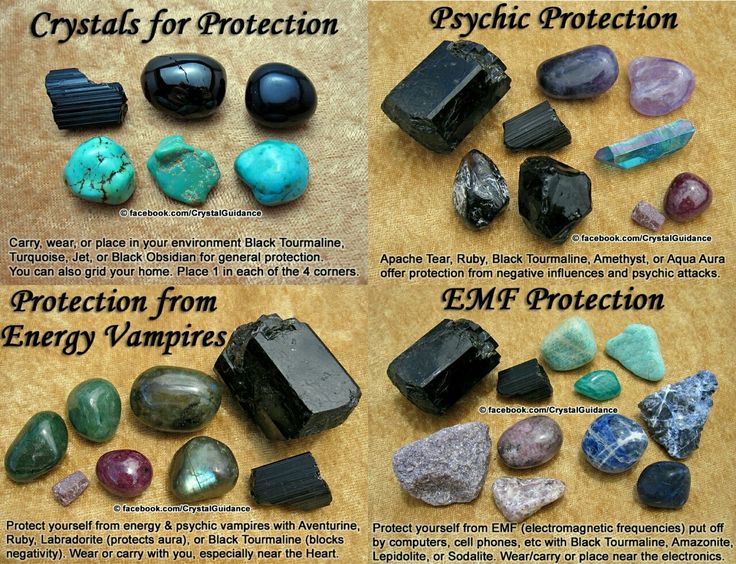Deal with aging
How to Cope With the Aging Process
Aging brings about a number of life changes. You may be looking into retirement, welcoming new grandchildren into the world, or moving to a senior community. There are a number of challenges that can occur as you age, too, like health issues or a decline in mobility.
Both the positive and negative transitions that come with aging can be overwhelming, especially if you’re the type to resist change. It can be stressful to feel like you’re losing the things that bring you joy. It is possible to maintain your health and quality of life at any age, though.
Finding healthy ways to cope and even embrace aging is the key to enjoying your older years. Fortunately, there are plenty of strategies you can use to stay happy throughout the aging process.
1. Accept and Acknowledge Change
Accepting the aging process is easier said than done, especially when aspects of your life are changing that had remained constant for many years. It’s normal to feel stressed and upset about some of the transitions that occur in older adulthood. Remember that aging happens to everyone, though, and that worrying cannot stop it.
Change is a natural part of life, and people of all ages go through both exciting and unwelcome transitions. When you’re facing an unwanted or difficult change, allow yourself to feel upset. Find healthy ways to express your worry or frustration, and allow yourself time to grieve. For example, you could write in a journal, vent to a friend, or express yourself through art or music.
After processing your feelings about aging, try to re-frame the situation in a positive way to make the transition more manageable. For example, if you’re moving to a senior living community, think of it as an opportunity to find a strong social network. If you’re retiring, you now have a chance to spend more time with family or friends.
2. Connect with Others
One of the most common and difficult struggles for older adults is loneliness. You may lose some of your social circle as you age. When you retire, you won’t see your coworkers every day, and some of your friends may pass away or move to another community. Losing your social network can be incredibly challenging as interacting with others is one of the most important things you can do to stay healthy.
You may lose some of your social circle as you age. When you retire, you won’t see your coworkers every day, and some of your friends may pass away or move to another community. Losing your social network can be incredibly challenging as interacting with others is one of the most important things you can do to stay healthy.
You don’t have to become isolated or lonely as you age, though. By making a strong effort to maintain connections with friends, family, and neighbors, you can keep a great group of people in your circle. Staying connected requires active effort, so be prepared to put in the work. Regularly reach out to friends to catch up, and schedule recurring meetups or phone calls.
You can look for opportunities to meet new people, too. You’re never too old for new friendships, and the people you meet after retirement can go on to be some of your closest companions. Check out your local senior center to find events, clubs, and classes that may interest you. Volunteer organizations are another great place to expand your social circle.
3. Stay Physically Healthy
A decline in physical health is not a guarantee with aging. Sometimes, health conditions are unavoidable. However, maintaining a healthy lifestyle can go a long way in alleviating some of the common complaints older adults have.
One of the key factors in maintaining your well-being is healthy eating. Try to make balanced meals with a mix of protein, healthy fats, and complex carbohydrates. Limit your alcohol and sugar intake, but indulge occasionally in your favorite snacks or desserts. Healthy eating is all about moderation. You don’t have to eat healthy meals at all times, but junk food should be a treat rather than the norm.
Exercise is the other major component of healthy aging. Regular physical activity can lengthen your lifespan and improve your quality of life. It leads to less pain, better sleep, a clearer mind, and an improved mood. Walking, especially out in nature, is a great form of exercise for seniors. Swimming, cycling, and yoga are also excellent, low-impact ways to increase your heart rate and build muscle.
Swimming, cycling, and yoga are also excellent, low-impact ways to increase your heart rate and build muscle.
Doctors generally recommend 150 minutes of exercise per week, but this may vary depending on your current health status and any existing medical conditions you have. Speak with your doctor before you start a new exercise routine to make sure it’s safe. If you’re new to working out, start small and work your way up to avoid injury or fatigue.
Getting enough sleep can do wonders for your health, too. Sleep problems are particularly common in older adults, and lack of sleep is linked to increased stress, immune system problems, irritability, and cognitive issues. Keep in mind that your sleep schedule may change during the aging process, so you may find yourself going to bed and waking up earlier. Try to follow your body’s natural rhythm to get quality sleep.
4. Prioritize Cognitive Health
Your cognitive health is just as important as your physical health.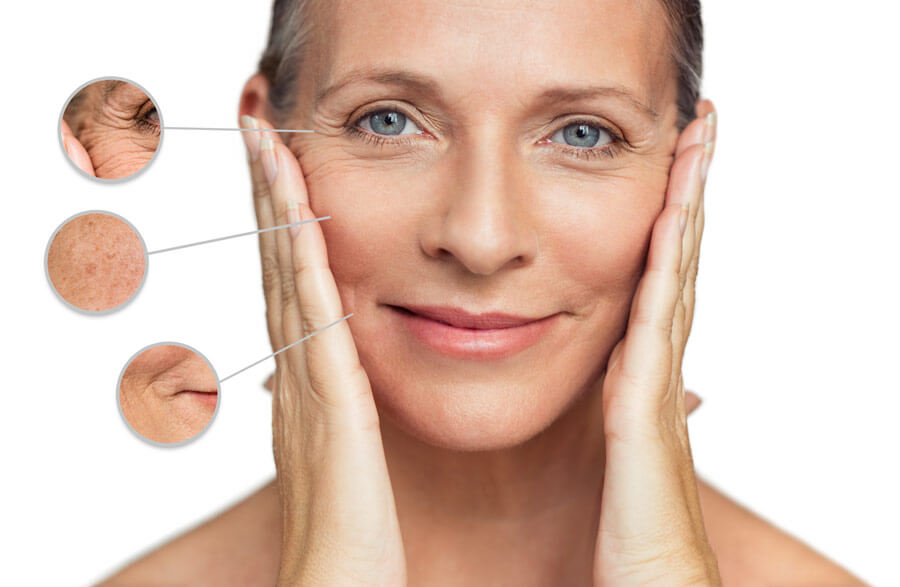 While cognitive decline may not always be something you can control, it is possible to take steps to prevent or reduce it.
While cognitive decline may not always be something you can control, it is possible to take steps to prevent or reduce it.
Social interaction is one of the best ways to maintain your cognitive health. Games and puzzles can be very helpful, too. Many seniors enjoy crosswords, jigsaw puzzles, card games, and video games.
Another great way to keep your mind sharp and promote healthy aging is to switch up your routine. For example, you could take a different route than usual when running errands or brush your teeth with the opposite hand. These small changes force your brain to work hard instead of being complacent.
5. Don’t Deny Your Age
Accepting your age is part of coping with aging. Being in denial about the aging process will only lead to distress and frustration. You can still feel youthful no matter how old you are, but don’t try to force it by dressing in clothes meant for teenagers or surrounding yourself with far younger friends.
Follow a lifestyle that feels natural and comfortable, and don’t make decisions based on what you think will make you appear young. There’s a difference between choices that feel genuinely healthy and rewarding and choices that enable you to deny that you’re aging. It’s better to focus on staying happy and healthy as you age than to try not to age at all.
There’s a difference between choices that feel genuinely healthy and rewarding and choices that enable you to deny that you’re aging. It’s better to focus on staying happy and healthy as you age than to try not to age at all.
Time passes no matter what we do, so make the most of your senior years by staying healthy physically, mentally, and emotionally. Aging isn’t always easy, but learning to cope with aging will help you find fulfillment in your retirement. Regardless of what life changes come your way, you can embrace healthy aging to stay happy and well.
Blue Moon Senior Counseling offers therapy for older adults to address a wide variety of goals, including coping with aging. If you or a senior loved one is interested in counseling, contact us today to learn more about our services.
Aging Well - HelpGuide.org
healthy aging
Staying healthy and feeling your best is important at any age. These tips can help you cope with the changes that accompany growing older—and live life to the fullest.
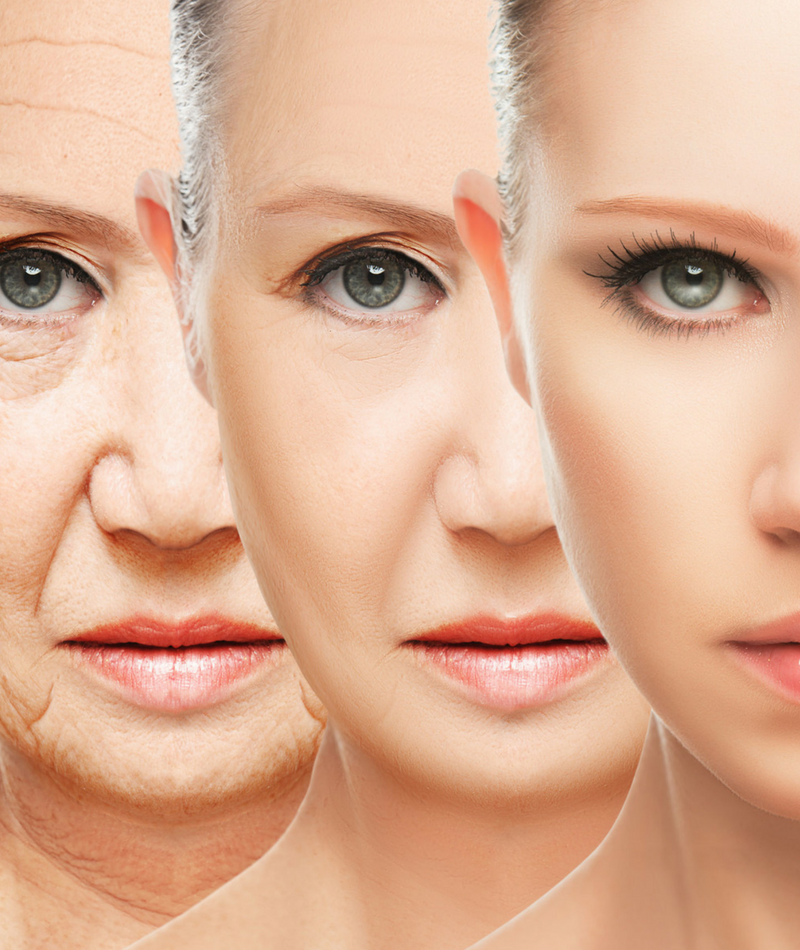
The keys to healthy aging
As we grow older, we experience an increasing number of major life changes, including career transitions and retirement, children leaving home, the loss of loved ones, physical and health challenges—and even a loss of independence. How we handle and grow from these changes is often the key to healthy aging.
Coping with change is difficult at any age and it’s natural to feel the losses you experience. However, by balancing your sense of loss with positive factors, you can stay healthy and continue to reinvent yourself as you pass through landmark ages of 60, 70, 80, and beyond.
As well as learning to adapt to change, healthy aging also means finding new things you enjoy, staying physically and socially active, and feeling connected to your community and loved ones. Unfortunately, for many of us aging also brings anxiety and fear. How will I take care of myself late in life? What if I lose my spouse? What is going to happen to my mind?
Many of these fears stem from popular misconceptions about aging.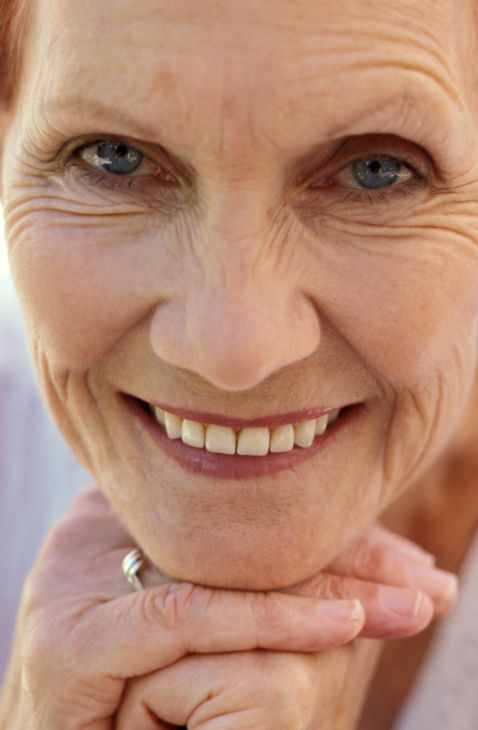 But the truth is that you are stronger and more resilient than you may realize. These tips can help you maintain your physical and emotional health and continue to thrive, whatever your age or circumstances.
But the truth is that you are stronger and more resilient than you may realize. These tips can help you maintain your physical and emotional health and continue to thrive, whatever your age or circumstances.
| Myths about healthy aging | |
| Myth: Aging means declining health and/or disability. Fact: There are some diseases that become more common as we age. However, getting older does not automatically mean poor health or that you will be confined to a walker or wheelchair. Plenty of older adults enjoy vigorous health, often better than many younger people. Preventive measures like healthy eating, exercising, and managing stress can help reduce the risk of chronic disease or injuries later in life. | |
| Myth: Memory loss is an inevitable part of aging. Fact: As you age, you may eventually notice you don't remember things as easily as in the past, or memories may start to take a little longer to retrieve. | |
| Myth: You can't teach an old dog new tricks. Fact: One of the more damaging myths of aging is that after a certain age, you just won't be able to try anything new or contribute to things anymore. The opposite is true. Middle-aged and older adults are just as capable of learning new things and thriving in new environments, plus they have the wisdom that comes with life experience. If you believe in and have confidence in yourself, you are setting up a positive environment for change no matter what your age. |
Advertisement
Discover your true calling and live a life of purpose
What if there were a time-tested guide for discovering and fulfilling your true calling in life? Watch Stephen Cope's new free video teaching from Sounds True and learn a revolutionary approach for overcoming the fears, attachments, and beliefs that hold you back.
SIGN UP FOR THE FREE VIDEO
Aging well tip 1: Learn to cope with change
As you age, there will be periods of both joy and stress. It's important to build your resilience and find healthy ways to cope with challenges. This ability will help you make the most of the good times and keep your perspective when times are tough.
[Read: Surviving Tough Times by Building Resilience]
Focus on the things you're grateful for. The longer you live, the more you lose. But as you lose people and things, life becomes even more precious. When you stop taking things for granted, you appreciate and enjoy what you have even more.
Acknowledge and express your feelings. You may have a hard time showing emotions, perhaps feeling that such a display is inappropriate and weak. But burying your feelings can lead to anger, resentment, and depression. Don't deny what you're going through. Find healthy ways to process your feelings, perhaps by talking with a close friend or writing in a journal.
Accept the things you can't change. Many things in life are beyond our control. Rather than stressing out over them, focus on the things you can control such as the way you choose to react to problems. Face your limitations with dignity and a healthy dose of humor.
Look for the silver lining. As the saying goes, “What doesn't kill us makes us stronger.” When facing major challenges, try to look at them as opportunities for personal growth. If your own poor choices contributed to a stressful situation, reflect on them and learn from your mistakes.
Take daily action to deal with life's challenges. When a challenge seems too big to handle, sweeping it under the carpet often appears the easiest option. But ignoring the problem doesn't make it go away; it allows both the problem and your anxiety to build. Instead, take things one small step at a time. Even a small step can go a long way to boosting your confidence and reminding you that you are not powerless.
Tip 2: Find meaning and joy
A key ingredient in the recipe for healthy aging is the continuing ability to find meaning and joy in life. As you age, your life will change and you will gradually lose things that previously occupied your time and gave your life purpose. For example, your job may change, you may eventually retire from your career, your children may leave home, or other friends and family may move far away. But this is not a time to stop moving forward. Later life can be a time of exciting new adventures if you let it.
[Read: Cultivating Happiness]
Everyone has different ways of experiencing meaning and joy, and the activities you enjoy may change over time. If your career slows down or you retire, or if your children leave home, you may find you have more time to enjoy activities outside of work and immediate family. Either way, taking time to nourish your spirit is never wasted.
If you're not sure where to get started, try some of the following suggestions:
Pick up a long-neglected hobby or try a new hobby. Taking a class or joining a club or sports team is a great way to pursue a hobby and expand your social network at the same time.
Learn something new, such as an instrument, a foreign language, a new game, or a new sport. Learning new activities not only adds meaning and joy to life, but can also help to maintain your brain health and prevent mental decline.
Get involved in your community. Try attending a local event or volunteering for a cause that's important to you. The meaning and purpose you find in helping others will enrich and expand your life. Community work can also be a great way of utilizing and passing on the skills you honed in your career—without the commitment or stress of regular employment.
Travel somewhere new or go on a weekend trip to a place you've never visited
Spend time in nature. Take a scenic hike, go fishing or camping, enjoy a ski trip, or walk a dog in the park.
Enjoy the arts. Visit a museum, go to a concert or a play, join a book group, or take an art appreciation class.
Visit a museum, go to a concert or a play, join a book group, or take an art appreciation class.
Write your memoirs or a play about your life experiences
The possibilities are endless. The important thing is to find activities that are both meaningful and enjoyable for you.
Affordable private online therapy. Get instant help, on any device, wherever you are in the world. Start feeling better today!
GET 20% OFF
With over 25,000 licensed counselors, BetterHelp has a therapist that fits your needs. Sign up today and get matched.
GET 20% OFF
Get professional online counseling for relationship or marital issues. It’s confidential and convenient to get started.
GET 20% OFF
Tip 3: Stay connected
One of the greatest challenges of aging is maintaining your support network. Staying connected isn't always easy as you grow older—even for those who have always had an active social life. Career changes, retirement, illness, and moves out of the local area can take away close friends and family members.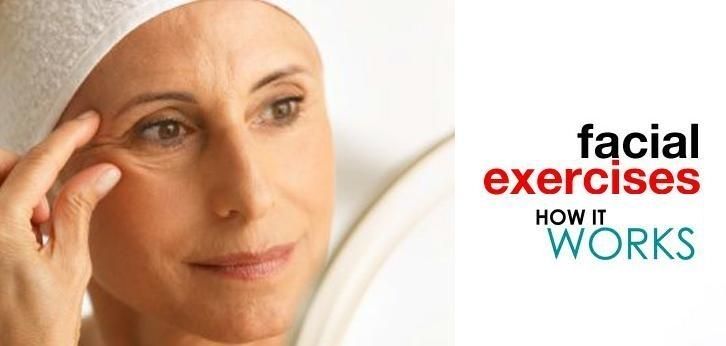 And the older you get, the more people you inevitably lose. In later life, getting around may become difficult for either you or members of your social network.
And the older you get, the more people you inevitably lose. In later life, getting around may become difficult for either you or members of your social network.
It's important to find ways to reach out and connect to others, regardless of whether or not you live with a spouse or partner. Along with regular exercise, staying social can have the most impact on your health as you age. Having an array of people you can turn to for company and support as you age is a buffer against loneliness, depression, disability, hardship, and loss.
The good news is that there are lots of ways to be with other people. It doesn't matter what you do, so long as you find ways to get out of the house (if possible) and socialize:
Connect regularly with friends and family. Spend time with people you enjoy and who make you feel upbeat. It may be a neighbor who you like to exercise with, a lunch date with an old friend, shopping with your children, or playing with your grandkids. Even if you are not close by, call or email frequently to keep relationships fresh.
Even if you are not close by, call or email frequently to keep relationships fresh.
Make an effort to make new friends. As you lose people in your circle, it is vital to make new connections so your social life doesn't decline. Make it a point to befriend people who are younger than you. Younger friends can reenergize you and help you see life from a fresh perspective.
[Read: Making Good Friends]
Spend time with at least one person every day. Whatever your living or work situation, you shouldn't be alone day after day. Phone or email contact is not a replacement for spending time with other people. Regular face-to-face contact helps you ward off depression and stay positive.
Volunteer. Giving back to the community is a wonderful way to strengthen social bonds and meet others interested in similar activities or who share similar values. Even if your mobility becomes limited, you can get involved by volunteering on the phone.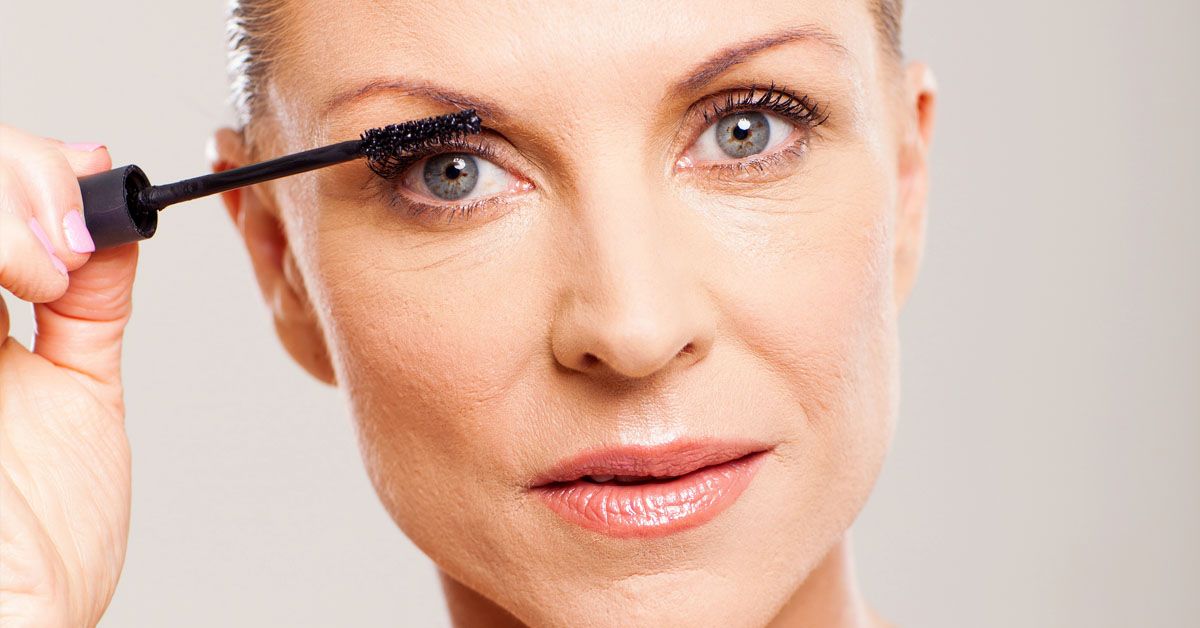
Find support groups in times of change. If you or a loved one is coping with a serious illness or recent loss, it can be very helpful to participate in a support group with others undergoing the same challenges.
Tip 4: Get active and boost vitality
Don't fall for the myth that growing older automatically means you're not going to feel good anymore. It is true that aging involves physical changes, but it doesn't have to mean discomfort and disability. While not all illness or pain is avoidable, many of the physical challenges associated with aging can be overcome or drastically mitigated by exercising, eating right, and taking care of yourself.
And it's never too late to start! No matter how old you are or how unhealthy you've been in the past, caring for your body has enormous benefits that will help you stay active, sharpen your memory, boost your immune system, manage health problems, and increase your energy. In fact, adults who take up exercise later in life, for example, often show greater physical and mental improvements than their younger counterparts—because they aren't encumbered by the same sports injuries that many regular exercisers experience as they age.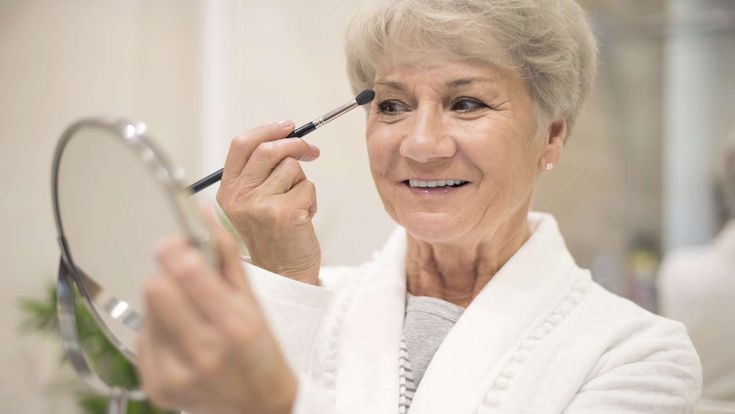 Similarly, many older adults report feeling better than ever because they are making more of an effort to be healthy than they did when they were younger.
Similarly, many older adults report feeling better than ever because they are making more of an effort to be healthy than they did when they were younger.
Exercise
A recent Swedish study found that exercise is the number one contributor to longevity, adding extra years to your life—even if you don't start exercising until your senior years.
[Read: Senior Exercise and Fitness Tips]
But it's not just about adding years to your life, it's about adding life to your years. Exercise helps you maintain your strength and agility, increases vitality, improves sleep, gives your mental health a boost, and can even help diminish chronic pain. Exercise can also have a profound effect on the brain, helping prevent memory loss, cognitive decline, and dementia.
Eat well
As you age, your relationship to food may change along with your body. A decreased metabolism, changes in taste and smell, and slower digestion may affect your appetite, the foods you can eat, and how your body processes food. But now, more than ever, healthy eating is important to maintain your energy and health.
But now, more than ever, healthy eating is important to maintain your energy and health.
[Read: Eating Well as You Age]
Avoiding sugary foods and refined carbs and loading up on high-fiber fruits, vegetables, and whole grains instead will help you feel more energetic, while eating with others is a great way to stay in touch with friends.
Get plenty of sleep
Many adults complain of sleep problems as they age, including insomnia, daytime sleepiness, and frequent waking during the night. But getting older doesn't automatically bring sleep problems. Developing healthy sleep habits as you age can help you ensure you get enough quality sleep each night.
[Read: Sleep Tips for Older Adults]
Make sure your bedroom is quiet, dark, and cool, avoid artificial light from screens for at least one hour before bed, and increase your activity levels during the day. A soothing bedtime ritual, like taking a bath or playing music can help you wind down and get a good night's sleep.
Tip 5: Keep your mind sharp
There are many good reasons for keeping your brain as active as your body. Exercising, keeping your brain active, and maintaining creativity can actually help to prevent cognitive decline and memory problems. The more active and social you are and the more you use and sharpen your brain, the more benefits you will get. This is especially true if your career no longer challenges you or if you've retired from work altogether.
[Read: Preventing Alzheimer's Disease]
Challenge your brain. For some people, challenging your brain could involve playing new games or sports. Other people may enjoy puzzles or trying out new cooking recipes. Find something that you enjoy and challenge your brain by trying new variations or increasing how well you do an activity. If you like crosswords, move to a more challenging crossword series or try your hand at a new word game. If you like to cook, try a completely different type of food, or if you're a golfer, aim to lower your handicap.
Vary your habits. You don't have to work elaborate crosswords or puzzles to keep your memory sharp. Try to work in something new each day, whether it is taking a different route to work or the grocery store or brushing your teeth with a different hand. Varying your habits can help to create new pathways in the brain.
Take on a completely new subject. Taking on a new subject is a great way to continue to learn. Have you always wanted to learn a different language? Learn new computer skills? Learn to play the piano? There are many inexpensive classes at community centers or community colleges that allow you to tackle new subjects.
Authors: Melinda Smith, M.A., Jeanne Segal, Ph.D., and Monika White, Ph.D.
Living Better, Living Longer – Taking steps now to help ensure a happier, healthier future. (Harvard Medical School Special Health Report)
Aging and Health A to Z – List of articles on aging, including health problems. (Health in Aging Foundation)
Health Information – Covers many aspects of aging well, including sleep, eating well, exercise, falls, and alcohol abuse. (National Institute on Aging)
(National Institute on Aging)
Go4Life – Tips to help you fit physical activity into your daily life. (National Institute on Aging)
Last updated: November 1, 2022
Scientists have found that it is mathematically impossible to stop aging
Scientists from the University of Arizona (USA) have found a mathematical explanation why it is impossible to stop aging. The point is not in the error of evolution, but in the very structure of a multicellular organism, writes Science Daily.
Read Hi-Tech in
“Aging is mathematically inevitable, and it seems not at all,” says Joanna Masel, professor of ecology and evolutionary biology at the University of Arizona. Together with her colleague Paul Nelson, she outlined her arguments in a new study entitled "Intercellular competition and the inevitability of multicellular aging," published in the journal Proceedings of the National Academy of Sciences.
The current understanding of evolution suggests that aging can be defeated if science finds a way to make natural selection perfect. One way is to create a competition between cells, in which the old, poorly functioning cells that lead to aging would be eliminated from the body. However, not everything is so simple, according to Masel and Nelson.
One way is to create a competition between cells, in which the old, poorly functioning cells that lead to aging would be eliminated from the body. However, not everything is so simple, according to Masel and Nelson.
Nelson explains that at the cellular level, two things happen to the body during aging. Firstly, the cells slow down and begin to lose their functions: for example, when hair cells stop producing pigment, and gray hair forms. Secondly, some cells are able to play against the rules and, conversely, accelerate growth, which leads to the formation of cancer cells. All people tend to accumulate cancer cells with age, even without symptoms.
Sophia the robot criticized Musk after receiving Saudi Arabian citizenship
Cases
Masel and Nelson found that even if natural selection were perfect, aging is inevitable, as cancer cells tend to "cheat" the body when competing with normal cells. “As you age, most of your cells lose their function and stop growing,” says Nelson.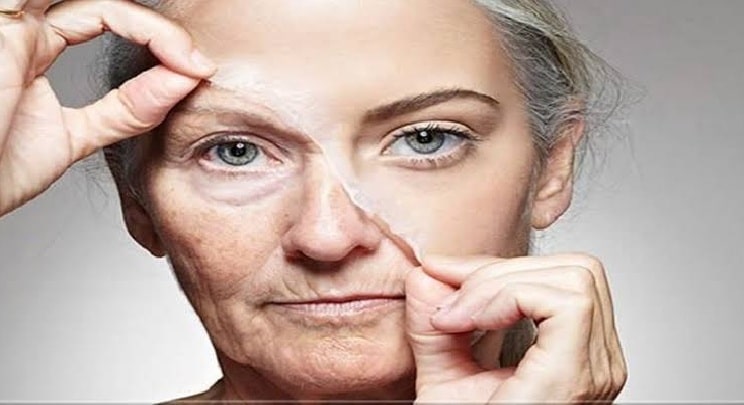 “But some of your cells are growing like crazy. This creates a double dilemma, a kind of "catch-22": if you get rid of old cells, then cancer cells will begin to flourish, if you get rid of cancer cells, then the body will fill with old cells. It is impossible to get rid of both at the same time.”
“But some of your cells are growing like crazy. This creates a double dilemma, a kind of "catch-22": if you get rid of old cells, then cancer cells will begin to flourish, if you get rid of cancer cells, then the body will fill with old cells. It is impossible to get rid of both at the same time.”
Although human mortality is an indisputable fact of life, the work of the researchers is a mathematical equation that explains why aging is inevitable. According to Masel, people look at aging in terms of evolutionary inefficiency. We believe that this is not a matter of evolution at all. Over time, all things break down and, according to the math, trying to fix them can make things worse.
“You may be able to slow down aging, but you can't stop it,” Masel says. “We have a mathematical demonstration of why it is impossible to solve both problems. You can fix one problem but get stuck in another. Either your cells will get older or you will get cancer. And the main reason is that everything inevitably breaks.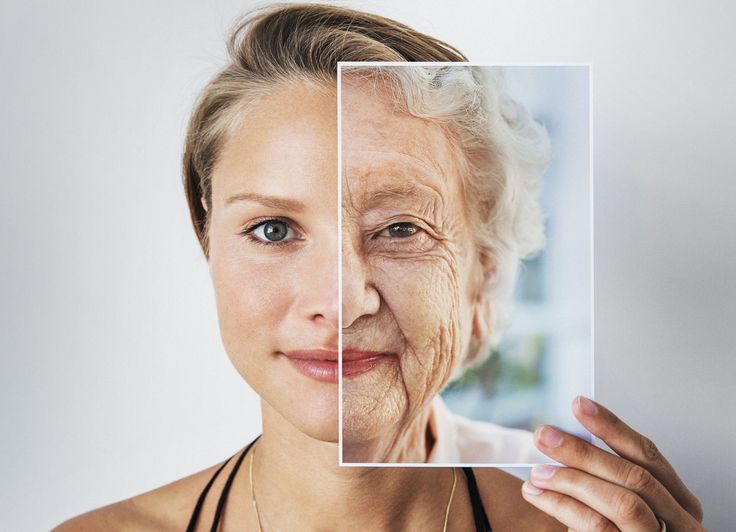 ”
”
"That's what you have to deal with if you want to be a multicellular organism," says Nelson.
Ethereum co-founder: “Of course cryptocurrencies are a bubble”
Opinions
The results of two clinical trials conducted at the University of Miami showed that the symptoms of aging can be reversed with stem cell therapy and that such treatment safely and effectively affects the main age-related Problems.
Aubrey de Grey: "Medicine will offer a completely different quality of life"
The main anti-aging fighter, who promises that the first immortal man has already been born, explained why the rich cannot live longer than the poor, and dictators cannot rule forever
victory over aging. De Gray claims that the first person to live a thousand years has already been born. At the same time, the scientist does not promise a magic pill for death - he adheres to the "strategy to achieve negligible aging." Its meaning is to offer people at the age of temporary remedies for aging, allowing them to live another 10-20 years, living up to the next, radical breakthrough in gerontology, which will provide more advanced anti-aging technologies.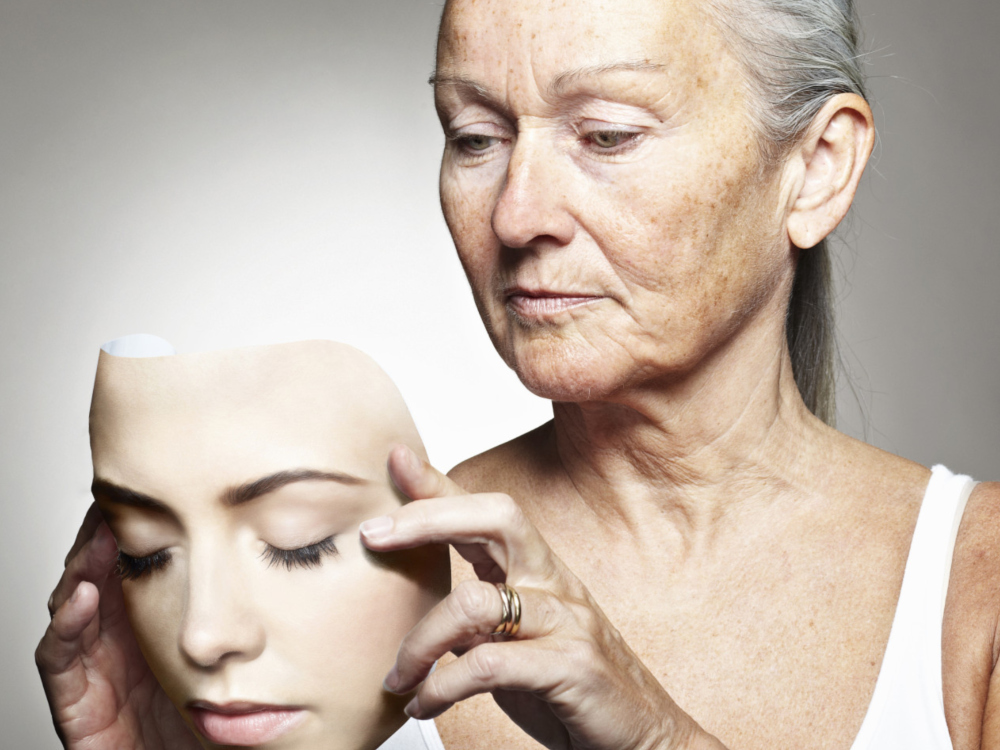 As a result, in 50–100 years, the patient will be able to live to see the invention of a perfect aging therapy that will allow him to rejuvenate to the physical age of 20–30 years and remain there indefinitely.
As a result, in 50–100 years, the patient will be able to live to see the invention of a perfect aging therapy that will allow him to rejuvenate to the physical age of 20–30 years and remain there indefinitely.
- You often talk about immortality being an engineering challenge. But in order to solve it, we need to have a completely different level of understanding of biology than now. Until we understand all the processes that occur in our body, we will not achieve this, right?
People often don't understand the difference between science and technology. The task of technology is to effectively bypass the "white spots". Yes, of course, we are always trying to find out more about the system we are going to work with (in this case, our body), but at the same time we are ready to use what we already know. What do we know about aging? That its cause is the accumulation of damage that occurs during the daily processes in the body. These damages are harmless as long as their volume does not exceed the level after which the body can no longer cope with them.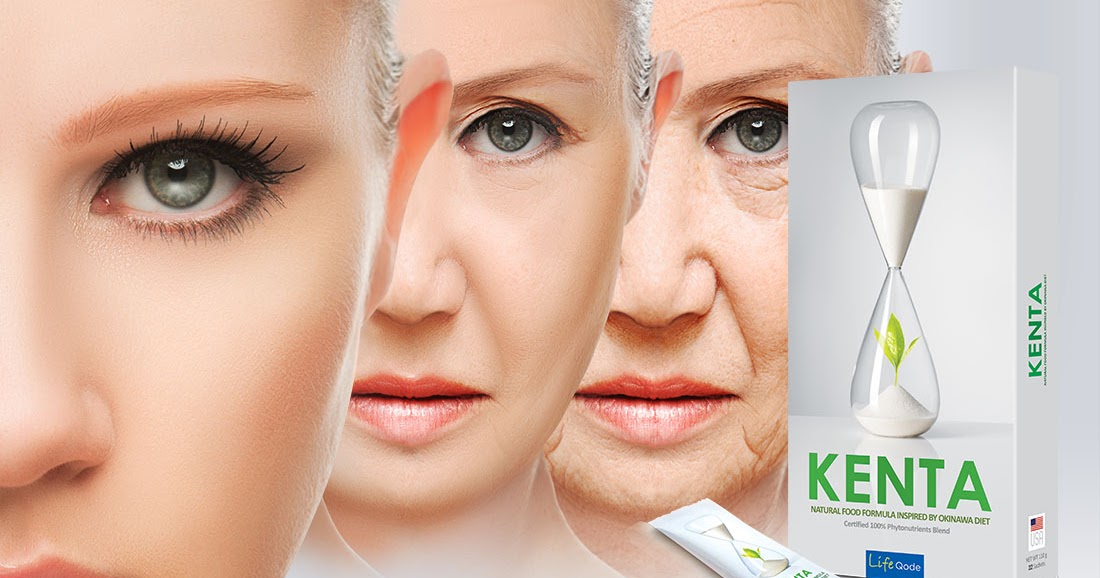 We do not yet know what is the source of many of them, but we can understand what to do so that they do not lead to a fatal outcome.
We do not yet know what is the source of many of them, but we can understand what to do so that they do not lead to a fatal outcome.
- Effective anti-aging technologies, at least at the dawn of their development, will obviously be expensive. Won't this widen the gap between rich and poor? After all, the latter will clearly turn into a healthier and much longer class.
- At first glance, there are many reasons to worry that social inequality will increase. People think so primarily because they project the picture that they see now into the future. Effective treatments today are most often out of reach for the poor, whether in the United States or in any developing country. But again, I think that everything will be different. Imagine what would happen if we had medicine in our hands that allows a person not to age and remain full of strength? In countries like the United States, no president could come to power unless he promised in advance that he would make it available to all. There are also economic reasons that would quickly reduce the prices of such medicine. Modern methods of treatment do not return the old, sick person to the number of those who work productively, contributing to the economy. They are just a kind of hole where the money goes. But, if medicine works to bring an elderly person back into society, it begins to quickly pay off - the number of specialists with serious experience is growing, the costs of nurses and social benefits are decreasing. The state benefits from all this.
There are also economic reasons that would quickly reduce the prices of such medicine. Modern methods of treatment do not return the old, sick person to the number of those who work productively, contributing to the economy. They are just a kind of hole where the money goes. But, if medicine works to bring an elderly person back into society, it begins to quickly pay off - the number of specialists with serious experience is growing, the costs of nurses and social benefits are decreasing. The state benefits from all this.
- Let's imagine that some dictator uses anti-aging technologies to live and rule forever, and his subjects will be forbidden to use them.
- I'm sure there will be no difference in the availability of these technologies between democracies and dictatorships. There is no doubt that the dictator can restrict the use of these technologies as he pleases, but the question is: what will he achieve by this? And how can his country survive? Any country that does not make anti-aging technology cheap will commit economic suicide.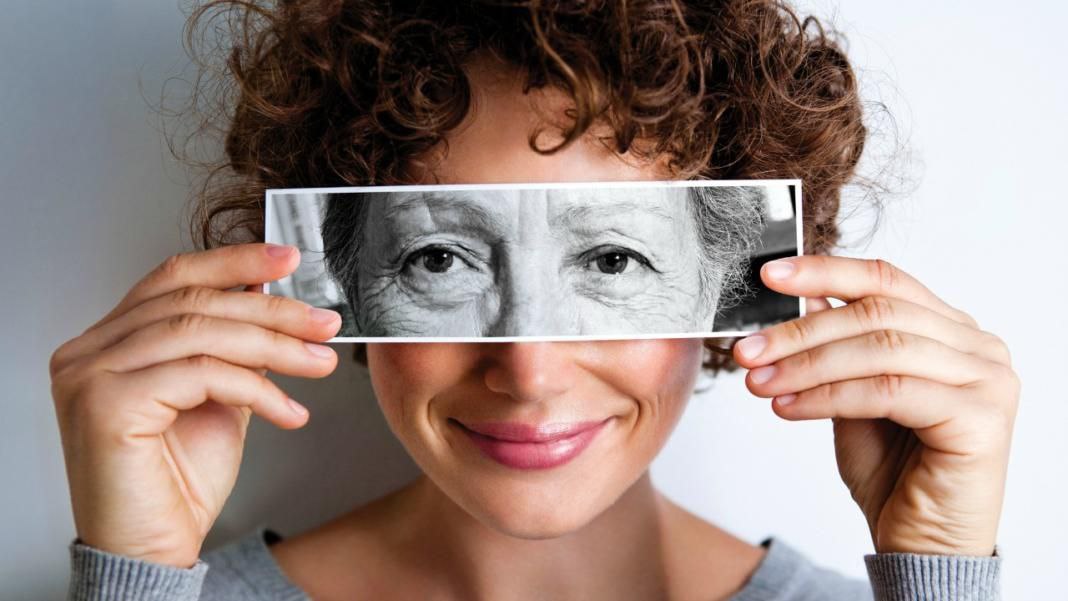 It is important that everyone understand this before there are really effective ways to combat aging. In the coming years, there will be an important shift in the minds of people: they realize that medicine can now offer them a completely different quality of life at any age, the sooner the better. And they will begin to demand from those who rule the country to support such research. And of course, we should not make decisions about how we develop technology by thinking about what might happen in any one country many years from now.
It is important that everyone understand this before there are really effective ways to combat aging. In the coming years, there will be an important shift in the minds of people: they realize that medicine can now offer them a completely different quality of life at any age, the sooner the better. And they will begin to demand from those who rule the country to support such research. And of course, we should not make decisions about how we develop technology by thinking about what might happen in any one country many years from now.
- The victory over aging does not mean that people will stop dying, because there will be car accidents, accidents, murders. Don't you think that humanity will have to solve a lot of social problems before we can enjoy the fruits of eternal youth?
- I am absolutely sure that we do not need to solve all these problems before we start fighting aging. The fact is that the victory over aging will change the attitude of people to many of these problems.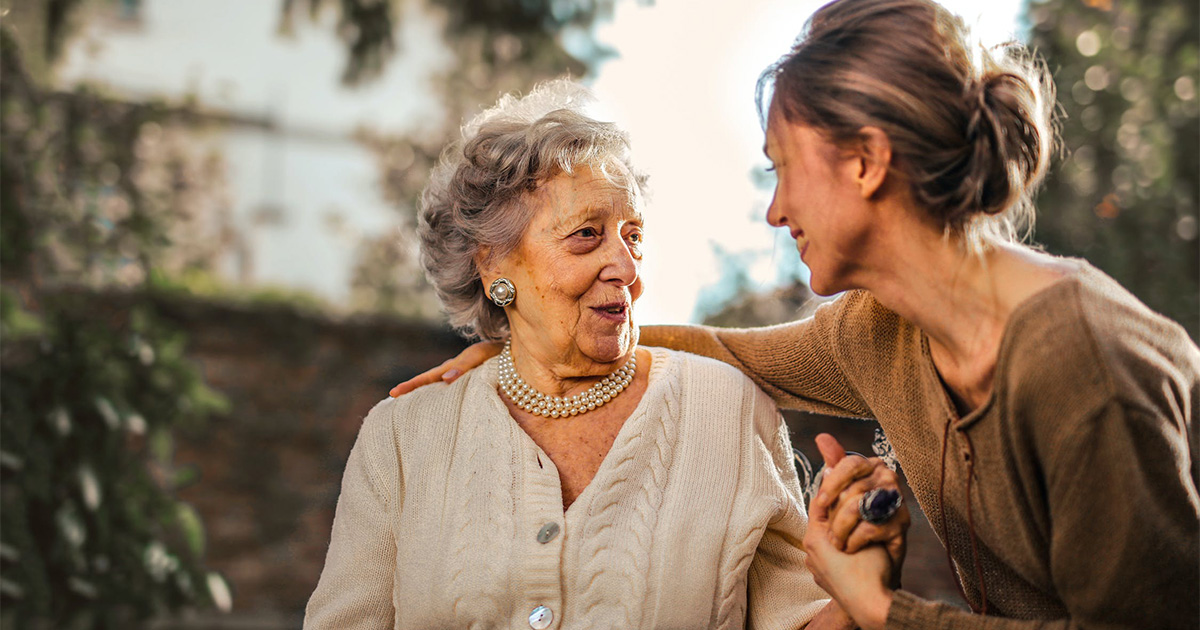 For example, now the auto insurance system works mainly to compensate for damage to cars, and not to reduce the number of fatal accidents. Subconsciously, people reason like this: why should I worry about getting into an accident, because sooner or later I will die anyway. As people begin to live much longer, they will begin to pay a very different attention to other causes of death, such as investing in the development of a system of self-driving cars that will reduce the risk of accidents to almost zero, or in the development of reliable vaccines against epidemics. And even in tracking the trajectories of asteroids so that one of them does not hit the Earth.
For example, now the auto insurance system works mainly to compensate for damage to cars, and not to reduce the number of fatal accidents. Subconsciously, people reason like this: why should I worry about getting into an accident, because sooner or later I will die anyway. As people begin to live much longer, they will begin to pay a very different attention to other causes of death, such as investing in the development of a system of self-driving cars that will reduce the risk of accidents to almost zero, or in the development of reliable vaccines against epidemics. And even in tracking the trajectories of asteroids so that one of them does not hit the Earth.
- One of the pretty crazy arguments against fighting aging is that it will lead to overpopulation. Why is it not?
- Oh yes, this is the most common argument I hear. Why don't people worry about overpopulation when it comes to fighting serious diseases? But we are precisely engaged in the fact that we are going to save people from diseases that lead to death. And yet it is a valid question. When we defeat all these diseases, the mortality rate will seriously fall, and this cannot but affect the demographics. Even now, the birth rate on the planet is more than twice the death rate. But we must remember that overpopulation is not a matter of a lack of habitable space: there is a lot of it.
And yet it is a valid question. When we defeat all these diseases, the mortality rate will seriously fall, and this cannot but affect the demographics. Even now, the birth rate on the planet is more than twice the death rate. But we must remember that overpopulation is not a matter of a lack of habitable space: there is a lot of it.
- A number of scientists are going to develop other areas of the fight against death, such as "digital immortality", when a person's personality will be loaded onto computer media.
- At the moment we have no way to determine whether this problem is even theoretically solvable. Of course, the brain consists of elements that can indeed be copied onto a non-biological medium, and make a copy of our thinking organ, consisting, for example, of silicon "neurons". But then everything is lost in the fog. Will this "brain" be one with our personality? Will he be conscious? No, it is much easier to achieve an unlimited duration of our ordinary life.
 However, significant memory loss is not an inevitable result of aging. Brain training and learning new skills can be done at any age and there are many things you can do to keep your memory sharp. The sooner you start, the sooner you'll reap the benefits.
However, significant memory loss is not an inevitable result of aging. Brain training and learning new skills can be done at any age and there are many things you can do to keep your memory sharp. The sooner you start, the sooner you'll reap the benefits.
